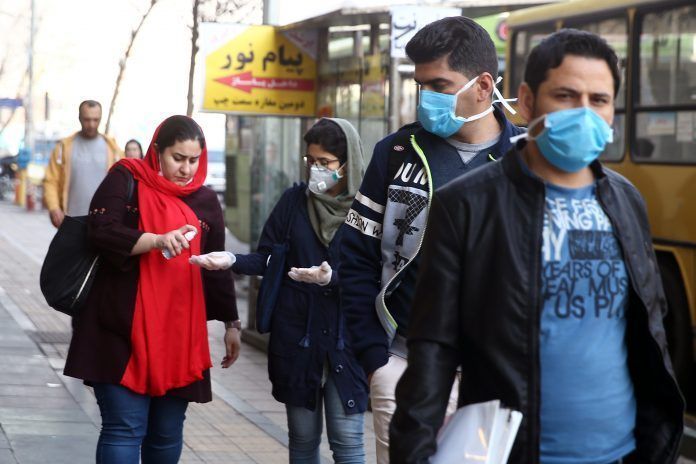
DUBAI, March 5 (Reuters) – Iran will keep schools and universities closed for another two weeks and check up on people in the worst affected areas by telephone, the health minister said on Thursday, after concerns were raised an earlier plan for home visits could spread the disease.
The country, which has one of the highest numbers of fatalities outside China, will keep academic institutions shut until the end of the Iranian calendar year on March 20, Minister Saeed Namaki announced on state television.
In the past 24 hours, 15 more people had died, bringing the total deaths to 107, ministry spokesman Kianush Jahanpur said. There were 3,513 confirmed cases in all, up by 591 from the day before.
Namaki said Iran had begun a national plan to combat coronavirus which will start in the handful of locations most affected by the disease and expand to other parts of the country, according to the official IRNA news agency.
Families would be contacted by telephone to help identify possible cases and health teams will disinfect public spaces, he said, listing the provinces of Qom, Gilan and Isfahan as the locations where the plan would begin.
On Sunday, Namaki had said that 300,000 teams, including members of the Basij militia, would be sent out to perform door-to-door coronavirus screening. The plan sparked criticism from Iranians online about the possibility of the teams spreading, rather than stopping, infections.
The plan announced on Thursday did not mention door-to-door screening.
“Our method is not going into homes,” Namaki said on state TV. “We can use digital communications and ultimately the telephone. So we don’t see a reason to go to the doors of peoples’ homes.”
The telecommunications ministry is working on an app to enable people to register cases of suspected infections, he said.
Home visits will only take place if a patient requires assistance to be hospitalized, Namaki said, and health teams would wear full protective gear to help with transport and disinfection.
“Home visits are possible in very rare circumstances, with prior coordination and out of complete necessity,” he said, according to the official IRNA news agency.
(Reporting By Babak Dehghanpisheh; editing by Toby Chopra and Philippa Fletcher)

